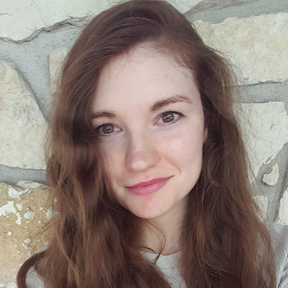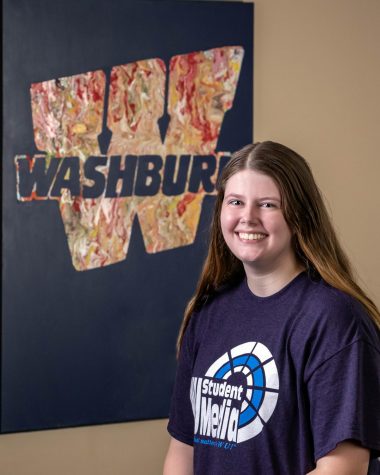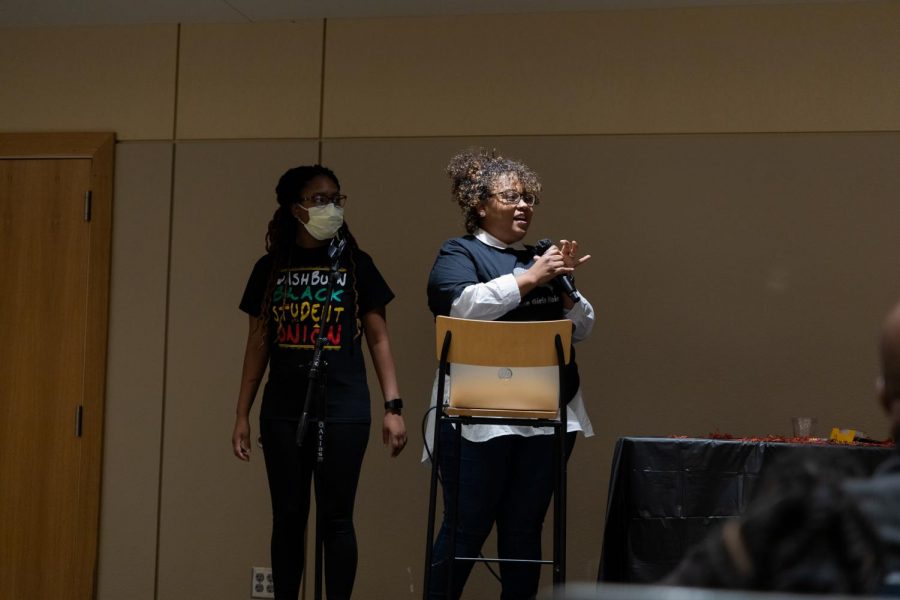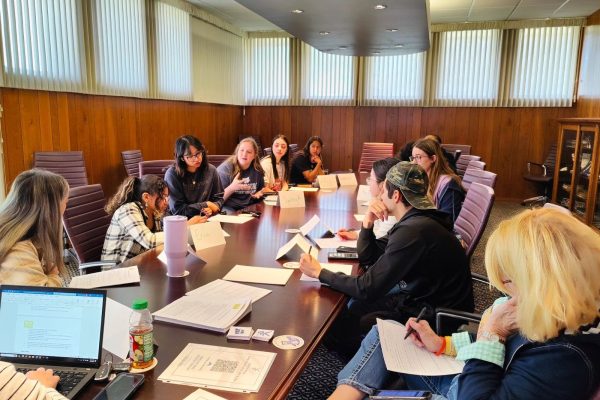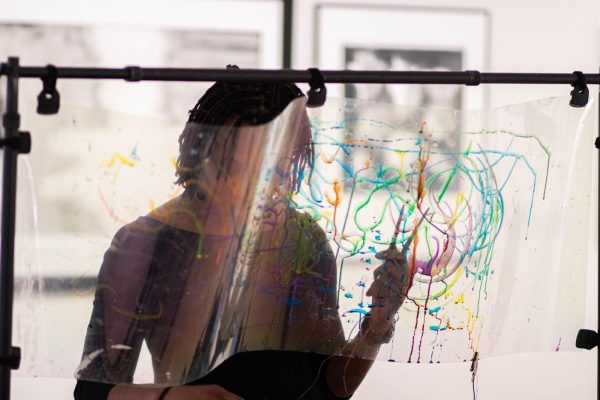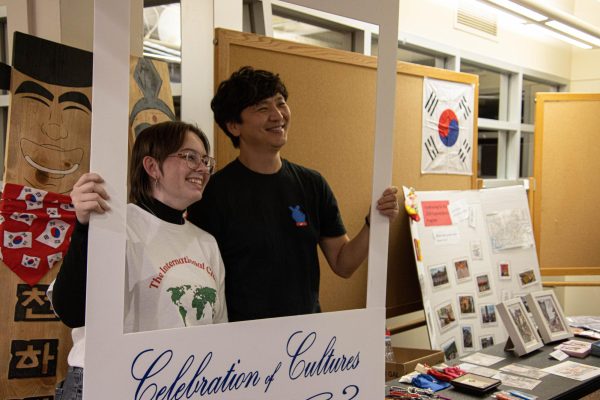“Don’t Touch My Hair” educates, empowers students about haircare
Black Student Union held its annual Don’t Touch My Hair event Monday, Nov. 22 at 7 p.m. in the A&B room of the Memorial Union. The event gave students at Washburn and members of the public the opportunity to learn about textured hair and how to care for it. This was the fifth year for the event at Washburn.
The night began with a detailed presentation from Neyssa Nunez-Redmond, a hairstylist from the company Little Girl’s Hair. She described the different types of hair ranging from 1A to 4C and about porosity of hair, or how well hair strands accept and retain moisture.
She had the audience do a test on themselves using a single strand of hair with water that was provided. Depending on the type of hair, you either need to use the process of liquid, cream and oil, or liquid, oil and cream. The product order makes all the difference.
Redmond also touched on cultural competence and the history of African American hair. Besides the fact that you shouldn’t touch people without their permission, there is a dark history behind hair petting in the Black community. Enslaved people were put in human zoos where the public was allowed to pet and shame them.
She concluded her presentation saying that by learning about the history of textured hair and how to care for it regardless of your hair type, we can eliminate misinformation and become more inclusive.
Redmond started Little Girl’s Hair because from a young age she had to learn how to care for her own hair. Since she came from a multi-cultural family, there wasn’t anyone to guide her on what routine was best for her.
“My niece was taken in 2010 into foster care, and when she was taken, she had hair down her back. She had the most beautiful hair I’d ever seen. When I saw her again, someone had taken a number two guard and buzzed her hair off because they had no idea what to do with it,” Redmond said.
Redmond went on to describe how traumatizing this was for her niece, and how several other Black children in the foster care system go through the same thing. The lack of diversity in media means there isn’t enough knowledge and resources for people with textured hair.
“I love helping out foster families and helping them build connections,” Redmond said. “It’s really hard for kids from hard places to let their walls down. The easiest way to make a connection is to make them feel beautiful.”
The event also welcomed several local Black-owned businesses such as Dees Keys, Heaven Scents, Biva Beauty Boutique and more. The main products being sold were hair care products such as oils, moisturizers and silk bonnets for overnight use. There were even free haircuts for anyone at the event, provided by Lil Bit, a local barber.
“Hair competence is important among cultures,” said Philip Canady, a junior business and finance major. “Even if it’s not your own, learning about other people’s hair and how to take care of yours is important.”
Dyma Valdivia, president of BSU and a senior majoring in communication studies and sociology, showed her excitement for the number of people who attended the event.
“We don’t have things like this in the community to learn about our hair, and even personally growing up I didn’t have anyone teaching me what you should or shouldn’t do,” Valdivia said. “We have so many younger kids here that can learn early and get educated. It’s really empowering. It’s our crown, and we want to take care of it.”
Edited by: Kyle Manthe, Simran Shrestha
Your donation will support the student journalists of Washburn University. Your contribution will allow us to purchase equipment and cover our annual website hosting costs.
